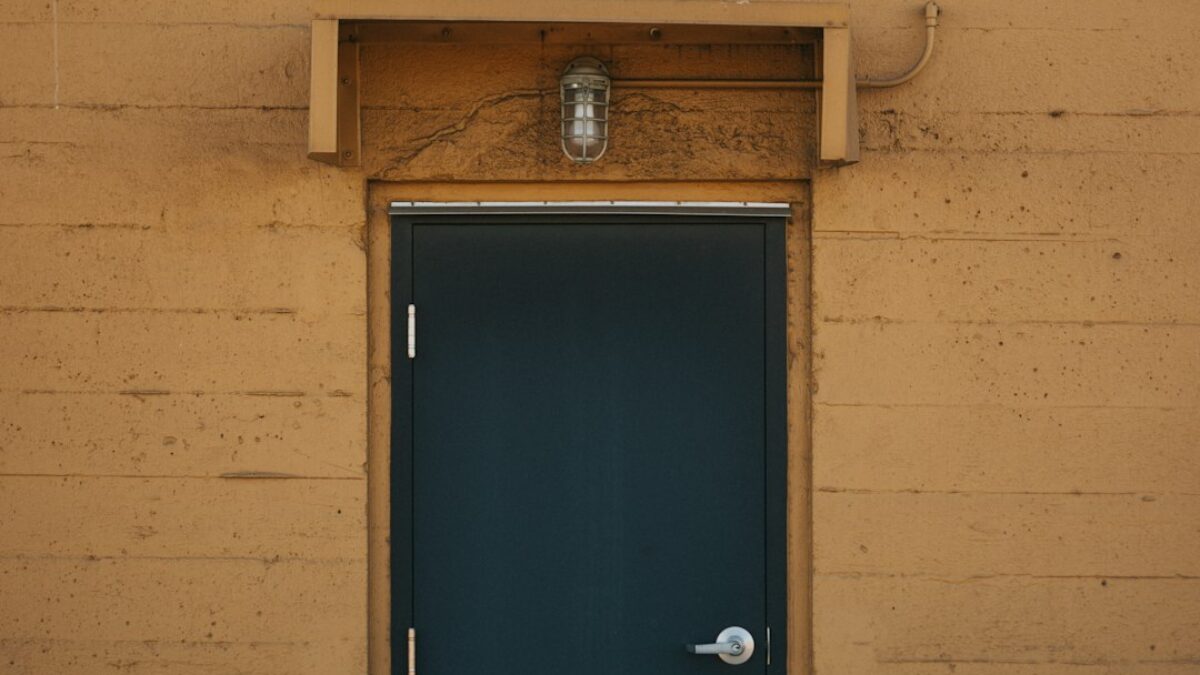The day begins before the first light touches the horizon. In that quiet moment between night and dawn, a Muslim reaches for the most powerful tools of protection—short, heartfelt duas taught by the Prophet ﷺ. These concise supplications are not mere words; they are light cast into the darkness, shields raised against every hidden harm, keys that unlock divine mercy. Mastering them takes minutes, yet their impact lasts lifetimes. This article gathers the most powerful short duas for daily protection every Muslim should know, explains why they work, when to use them, and how to weave them into the fabric of everyday life.
Understanding Daily Protection Duas
Definition and Linguistic Roots
The Arabic word “duʿāʾ” literally means “to call out.” In Islamic terminology it is an earnest, humble request directed to Allah alone. A short daily-protection dua is therefore a brief, prophetically-taught phrase that seeks safety in body, mind, wealth, and religion from all sources of harm—seen and unseen, human and jinn, physical and spiritual.
Categories of Harm Addressed
- Physical threats – accidents, illness, injury, natural disasters
- Spiritual threats – whisperings of Shayṭā, envy (ʿayn), black magic (siḥr)
- Social threats – backbiting, oppression, theft, betrayal
- Hereafter threats – punishment in the grave, trials on the Day of Judgement
How Short Duas Function
Short duas act like spiritual vaccines—small, potent doses that train the soul to recognize and repel danger. Their brevity makes them easy to memorize and repeat, while their prophetic origin guarantees barakah (divine blessing). When recited with presence of heart, they:
create a spiritual force-field around the believer realign the tongue, heart, and limbs with tawḥīd (pure monotheism) invite angels to draw near and repel devils remind the ego of its constant need for Allah
Key Components of Prophetic Protection Duas
The 4 Non-Negotiable Elements
1. Ikhlāṣ – Sincere Intention
Every dua must be offered purely for Allah’s sake, not as cultural habit or superstition.
2. Ṭumʾīnah – Presence of Heart
The tongue moves, but the heart must also be engaged. Prophet ﷺ warned: “Allah does not answer the dua that comes from a heedless heart.”
3. Maʿā – Understanding Meaning
Knowing the translation converts mechanical repetition into conscious conversation with the Divine.
4. Sunnah Wording
While Allah understands all languages, the exact phrasing of the Prophet ﷺ carries unique blessing. When possible, combine Arabic wording with personal reflection in your own language.
The Anatomy of a Short Protection Dua
| Component | Example from Morning & Evening Adhkār | Purpose |
|---|---|---|
| Opening praise | “Al-ḥamdu lillāhi…” | Sets a tone of gratitude, aligning the caller with Allah’s prior favors |
| Petition verb | “I seek refuge” (aʿūdhu) | Switches from praise to request mode, signalling urgency |
| Object of refuge | “In Allāh” | Establishes the only true source of protection |
| Specific evil | “From the evil of what He created” | Names the danger, sharpening focus of the request |
Powerful Short Duas Every Muslim Should Memorize
1. Dua When Leaving the House
Arabic: بِسْمِ اللهِ، تَوَكَّلْتُ عَلَى اللهِ، وَلَا حَوْلَ وَلَا قُوَّةَ إِلَّا بِاللهِ.
Transliteration: Bismillāhi, tawakkaltu ʿalallāhi, wa lā ḥawla wa lā quwwata illā billāh.
Translation: “In the name of Allah, I place my trust in Allah; there is no might and no power except by Allah.”
Benefits: Jibrīl told Prophet ﷺ that whoever recites it will be told: “You have been guided, spared, and protected.” The devil will leave him for the rest of the day.
2. Dua for Entering the Home
Arabic: اللَّهُمَّ إِنِّي أَسْأَلُكَ خَيْرَ الْمَوْلِجِ وَخَيْرَ الْمَخْرَجِ، بِسْمِ اللهِ وَلَجْنَا وَبِسْمِ اللهِ خَرَجْنَا، وَعَلَى اللهِ رَبِّنَا تَوَكَّلْنَا.
Transliteration: Allāhumma innī as’aluka khayral-mawlaji wa khayral-makhraji, bismillāhi walajnā wa bismillāhi kharajnā, wa ʿalallāhi rabbinā tawakkalnā.
Practical tip: Post it on the inside of your front door; read it aloud with family so children learn naturally.
3. Three Quls – The Evening Fortress
- Surah al-Ikhlāṣ – Recite 3× after Fajr and Maghrib to protect from shirk and spiritual diseases.
- Surah al-Falaq – Recite 3× after every ṣalāh and before sleep to block external evils.
- Surah an-Nās – Recite 3× for internal protection from whisperings and jealousy.
Real-world example: A sister in Kuala Lumpur reported nightly panic attacks that vanished after she began reciting the three Quls and blowing lightly into her palms, then wiping her body as the Prophet ﷺ taught.
4. Āyat al-Kursī – The Throne Verse
Recite once after every obligatory prayer and before sleep. Angels stand guard until the next prayer, according to a sound ḥadith in Bukhāri and Muslim.
5. Morning & Evening Adhkār – 360° Armor
These are comprehensive collections rather than single duas. The key short ones include:
“Aʿūdhu billāhi minash-shayṭānir-rajīm” – before reading Qur’an or starting any task. “Ḥasbunallāhu wa niʿmal-wakīl” – when facing overwhelming problems. “Lā ilāha illallāh waḥdahu lā sharīka lah…” – 100× daily removes sins even if they equal the foam of the sea.
Benefits and Importance of Consistent Recitation
Immediate Psychological Effects
Neuropsychology research shows that brief, rhythmic phrases calm the amygdala—the brain’s fear center—reducing cortisol levels. When those phrases are divinely revealed, the effect is multiplied by tawakkul (trust in Allah).
Long-Term Spiritual Impact
- Barakah multiplier – Regular recitation turns ordinary minutes into acts of worship.
- Identity reinforcement – You begin to see yourself as someone under direct divine care.
- Intergenerational transmission – Children who hear parents recite adopt the habit unconsciously.
Angelic & Jinn Dynamics
Hadith in Jamiʿ at-Tirmidhī states that when a person recites the morning adhkār, angels say: “We have returned, and no sin has been recorded against him since we left.” Conversely, the devils that spent the night whispering are forced to retreat.
Practical Applications in Daily Routines
Micro-Habits That Stick
James Clear’s “Atomic Habits” teaches that tiny actions repeated in existing routines build identity. Integrate duas using habit stacking:
- After you turn off your alarm, recite the waking dua before your feet touch the floor.
- When you start the car ignition, recite the traveling dua.
- As you wait for the kettle to boil, recite āyat al-kursī once.
- Before you swipe open your phone, recite “aʿūdhu billāhi minash-shayṭānir-rajīm.”
Family Rituals
Bedtime Routine
Father recites the three Quls over each child, then blows into his palms and wipes the child’s face, chest, and hands. Takes 90 seconds but creates a nightly fortress of serenity.
Mealtime Shield
Begin with bismillāh and end with al-ḥamdu lillāh; add the prophetic dua for protection against the devil’s share in the food: “Allāhumma barik lanā fīh…”
Workplace & Study Applications
- Email anxiety – Before opening a difficult inbox, recite “ḥasbunallāhu wa niʿmal-wakīl.”
- Exam panic – Whisper “Rabbi zidnī ʿilman” before turning the first page.
- Commute tension – Play a 2-minute audio of morning adhkār on the train; recite along silently.
Frequently Asked Questions
What if I forget the Arabic pronunciation?
Allah judges by intention. Begin with the English meaning while you learn the Arabic. Gradual phonetic practice—especially after Fajr when the mind is fresh—yields quick results. Use transliteration apps like “Dua & Azkar” for audio repetition.
Can women recite these duas during menstruation?
Yes. There is no prohibition on dhikr or duas—only on touching the mushaf (physical Qur’an) and formal ṣalāh. The Prophet’s wives continued their adhkār during menses, as narrated in Bukhāri.
How many times should each dua be recited?
Follow the prophetic number:
- Three Quls – 3× each
- Āyat al-Kursī – 1× after prayer, 1× before sleep
- “Lā ilāha illallāhu…” – 100× morning and evening for maximum forgiveness
If a specific number is not mentioned, once with khushūʿ is better than mechanical multiplication.
Can I combine several adhkār into one session?
Absolutely. The Prophet ﷺ often grouped them. A 2-minute morning block could include: waking dua, three Q
























Post Comment